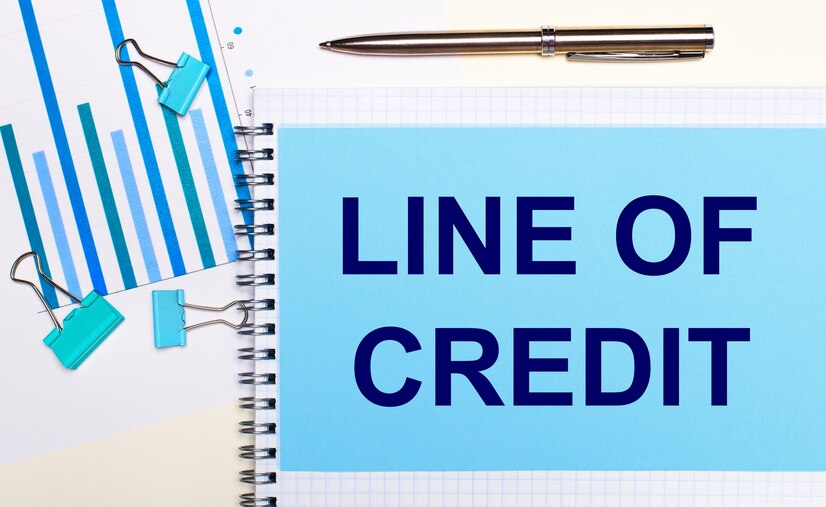The Ultimate Guide To Small Business Loans Types Eligibility And Tips
4 Mins Read
Published on: 20 September 2023
Last Updated on: 26 February 2025

toc impalement
Securing financing is often a critical step for small business owners looking to start, expand, or sustain their ventures. Small business loans come in various forms, each tailored to different needs and circumstances.
In this comprehensive guide, we’ll explore the types of small business loans, and eligibility criteria, and offer valuable tips to help you navigate the world of business financing.
Types Of Small Business Loans
Term Loans:
Term loans are a common type of small business financing. They involve borrowing a lump sum of money, which you repay with interest over a predetermined term. These loans are suitable for various purposes, such as expansion, working capital, or equipment purchases.
SBA Loans:
The Small Business Administration (SBA) offers government-backed loans to small businesses. SBA loans typically have lower interest rates and more flexible terms than traditional loans. They are ideal for businesses that may not qualify for conventional financing.
Business Lines Of Credit:

A business line of credit allows you to access a predetermined credit limit whenever you need it. Interest is charged only on the amount borrowed. This type of financing is excellent for managing cash flow, covering short-term expenses, or taking advantage of opportunities as they arise.
Equipment Financing:
Equipment financing is designed specifically for purchasing machinery, vehicles, or other essential assets. The equipment itself often serves as collateral, making it easier to qualify for this type of loan.
Invoice Financing:
If your business has outstanding invoices from clients, invoice financing (or accounts receivable financing) allows you to receive a percentage of the invoice amount upfront. This type of financing helps bridge cash flow gaps caused by slow-paying customers.
Merchant Cash Advances:
Merchant cash advances provide a lump sum of capital in exchange for a percentage of your daily credit card sales. While they offer quick access to funds, they can be more expensive than other financing options.
Microloans:
Microloans are typically smaller loans, often provided by nonprofit organizations or community lenders. They are ideal for startups and businesses in need of modest capital injections.
Eligibility For Small Business Loans:
While eligibility criteria can vary by lender and loan type, here are some common factors that lenders consider.
»Credit Score:
Your personal and business credit scores play a significant role in loan approval. Lenders prefer borrowers with good credit histories.
»Business History:
Many lenders require that your business has been operating for a certain period, often at least one to two years.
»Annual Revenue:
Lenders may have minimum annual revenue requirements to ensure your business has sufficient income to repay the loan.
»Collateral:
Some loans require collateral, such as assets or property, to secure the loan. Collateral provides lenders with a way to recover their funds if you default on the loan.
Business Plan:

A well-structured business plan that outlines your goals, strategies, and financial projections can boost your eligibility, especially for startup loans.
Debt-to-Income Ratio:
Lenders assess your debt-to-income ratio, which measures your ability to manage debt. A lower ratio indicates lower financial risk.
Tips For Securing A Small Business Loan
1. Know Your Credit Score:
Check your personal and business credit scores before applying for a loan. Address any issues or inaccuracies in your credit reports.
2. Create a Strong Business Plan:
Develop a detailed business plan that outlines your business’s mission, goals, financial projections, and the intended use of the loan.
3. Shop Around:
Explore multiple lenders and loan types to find the best fit for your needs. Compare interest rates, terms, and fees.
4. Prepare Financial Documentation:
Gather financial documents, including tax returns, bank statements, and financial statements, to demonstrate your business’s financial health.
5. Build a Strong Relationship with Your Lender:
Establish a relationship with your lender, even before you need a loan. Good relationships can lead to more favorable terms and faster approvals.
6. Consider Collateral:
Be prepared to offer collateral if necessary. Collateral can reduce the lender’s risk and improve your chances of approval.
7. Improve Your Credit:
If your credit score is less than ideal, take steps to improve it over time. This may involve reducing existing debt and making consistent, on-time payments.
8. Seek Expert Advice:
Consider consulting with financial advisors or business consultants who can help you navigate the loan application process and make informed decisions.
Conclusion:
Securing a small business loan can be a significant milestone for your business’s growth and success. By understanding the different types of loans available, meeting eligibility criteria, and following these tips, you can increase your chances of obtaining the financing your business needs to thrive.
Remember that each business is unique, so it’s crucial to assess your specific needs and choose the loan option that aligns best with your goals and financial situation.
Read Also:


















Comments Are Closed For This Article